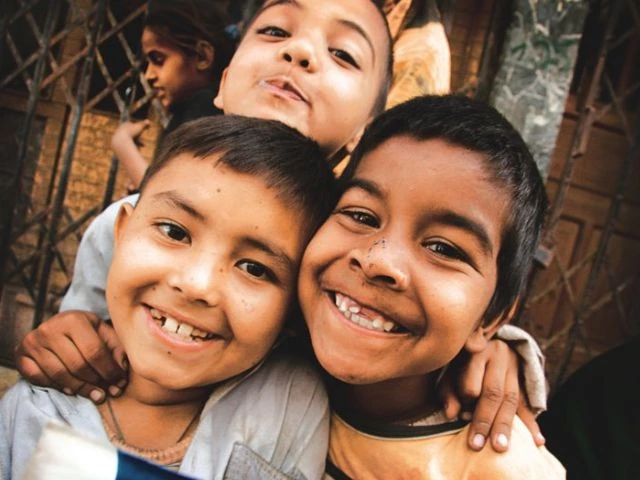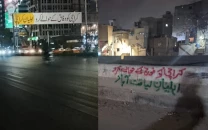Punjab approves first-ever child protection policy, marking major milestone for children's rights
Policy aims to ensure a safe and supportive environment for minors across Punjab.

In a landmark move, the Punjab Cabinet has approved the province's first-ever Child Protection Policy, a significant step forward in institutionalizing children's rights and welfare in the region.
The policy was sanctioned during a cabinet meeting chaired by Punjab Chief Minister Maryam Nawaz, who has been credited with taking a personal interest in the initiative.
Developed by the Child Protection and Welfare Bureau (CPWB) with technical support from UNICEF Pakistan, the policy outlines a comprehensive framework to prevent abuse, violence, and exploitation of children. It aims to establish an integrated system to ensure a safe and supportive environment for minors across Punjab.
Chairperson of the CPWB, Sarah Ahmad, hailed the approval as a reflection of the Punjab government’s commitment to child protection. She revealed that the bureau had initiated work on a case management system a year ago in preparation for the policy’s implementation, while the draft policy had been submitted to the government two years prior.
Past efforts to introduce similar policies had faltered due to political apathy, budgetary constraints, and lack of institutional coordination, she noted. “This time, the government has turned commitment into action,” she added.
The policy has been welcomed by civil society organizations and child rights advocates. Iftikhar Mubarak, Executive Director of Search for Justice, emphasized the need for dedicated funding to ensure the policy does not remain a symbolic gesture. “It is essential that the upcoming provincial budget includes a clear financial commitment to child protection and welfare,” he said, advocating for a unified action plan that clearly defines the responsibilities of all relevant departments.
Rasheeda Qureshi, Convener of the Children Advocacy Network Pakistan, called for the integration of child protection measures into the annual development and operational budgets of all public sector departments. She further recommended the introduction of “Child Protection Budgeting Guidelines” to ensure equitable resource distribution and strengthen accountability mechanisms.
Mudassar Ahmad, Coordinator of the Child Rights Movement Punjab, stressed the urgency of swift implementation. He proposed the establishment of child protection committees at the district and tehsil levels to localize and operationalize the policy. “The Bureau’s role has now expanded—it must strengthen interdepartmental coordination moving forward,” he added.
Civil society representatives have urged the Punjab government not to stop at policy approval but to ensure its prompt and effective enforcement. They emphasized that political will, financial investment, inter-agency collaboration, and engagement of civil society are all essential for the policy’s success.
Sixteen-year-old child human rights defender Abiya Batool also welcomed the policy, stating that children themselves must be involved in the process. “We are the primary stakeholders of this policy. Our voices must be heard and included at every step,” she said.
With this policy, Punjab takes a critical step toward creating a safer and more just society for its youngest citizens. The real test, however, lies in sustained implementation and follow-through.


















COMMENTS
Comments are moderated and generally will be posted if they are on-topic and not abusive.
For more information, please see our Comments FAQ